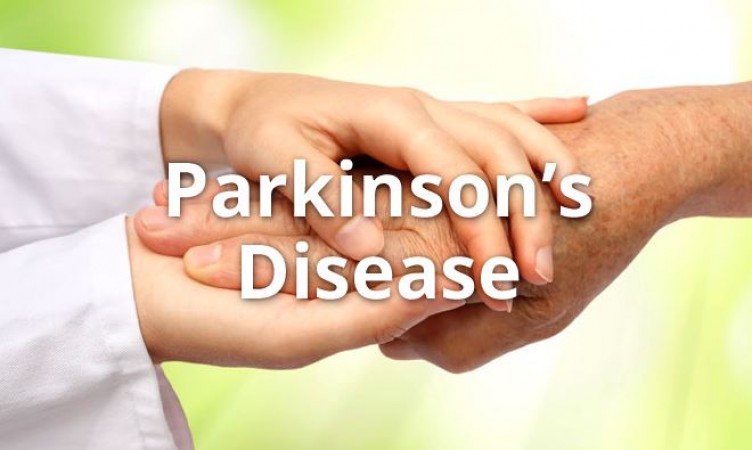
Parkinson's disease is a complex neurological disorder that affects millions of people worldwide. In this article, we will delve into the intricacies of Parkinson's disease, its causes, symptoms, and available treatment options. We will explore the impact of this disorder on patients' lives and the efforts made by medical professionals to manage and alleviate its symptoms.
Understanding Parkinson's Disease
What is Parkinson's Disease?
Parkinson's disease is a progressive and degenerative neurological disorder that mainly affects the brain's motor system. It is characterized by the gradual loss of dopamine-producing brain cells, leading to a shortage of dopamine, a crucial chemical messenger responsible for coordinating movement.
The Causes of Parkinson's Disease
The exact cause of Parkinson's disease remains unclear, but researchers believe that a combination of genetic and environmental factors may play a significant role. Mutations in specific genes have been linked to familial cases of Parkinson's, while exposure to certain toxins and chemicals might increase the risk of developing the condition.
Identifying the Symptoms
Early Warning Signs
Parkinson's disease often presents with subtle early symptoms, making it challenging to diagnose in its initial stages. Some common early warning signs include tremors, slow movement (bradykinesia), stiffness in limbs, and impaired balance.
Motor Symptoms
As the disease progresses, the motor symptoms become more pronounced. Patients may experience tremors in their hands, arms, legs, or face, making everyday tasks difficult. Additionally, movements may become slower, and muscle rigidity can lead to postural instability.
Non-Motor Symptoms
Parkinson's disease can also manifest non-motor symptoms such as depression, anxiety, sleep disturbances, cognitive impairment, and gastrointestinal issues.
Diagnosing Parkinson's Disease
Diagnosing Parkinson's disease is a complex process that involves a thorough medical history review, neurological examinations, and ruling out other conditions that might mimic its symptoms. In some cases, brain imaging and other tests may be conducted to aid in the diagnosis.
Treatment Options
Medications
Medications play a crucial role in managing Parkinson's disease symptoms. Levodopa, a dopamine precursor, is one of the primary drugs prescribed to increase dopamine levels in the brain. Other medications like dopamine agonists, MAO-B inhibitors, and anticholinergics can also be used, depending on the patient's condition.
Deep Brain Stimulation (DBS)
Deep brain stimulation is a surgical procedure used for individuals who no longer respond adequately to medications. It involves implanting electrodes into specific areas of the brain that control movement. These electrodes deliver electrical impulses, effectively reducing motor symptoms.
Physical Therapy
Physical therapy is an essential part of Parkinson's disease management. It can help improve mobility, balance, and flexibility while reducing muscle stiffness and discomfort.
Lifestyle Modifications
Adopting a healthy lifestyle can significantly impact the quality of life for individuals with Parkinson's. Regular exercise, a balanced diet, stress management, and adequate sleep can help manage the symptoms and improve overall well-being.
Living with Parkinson's
Living with Parkinson's disease can present challenges for both patients and their caregivers. However, with the right support and resources, individuals with Parkinson's can lead fulfilling lives. Engaging in support groups, staying connected with loved ones, and seeking professional help are essential steps in coping with the condition.
Parkinson's disease is a complex neurological disorder that affects millions of people worldwide. While there is currently no cure, significant progress has been made in understanding the disease and developing effective treatment options. By raising awareness, supporting research efforts, and improving patient care, we can contribute to a brighter future for those living with Parkinson's.
KARGIL DIVAS: Top Ten quotes related to the Kargil conflict
Subway India outlets drop tomatoes from menu citing THESE reasons